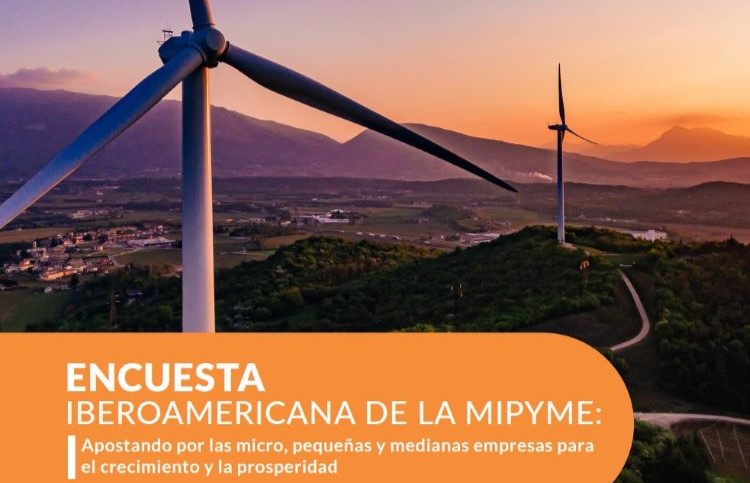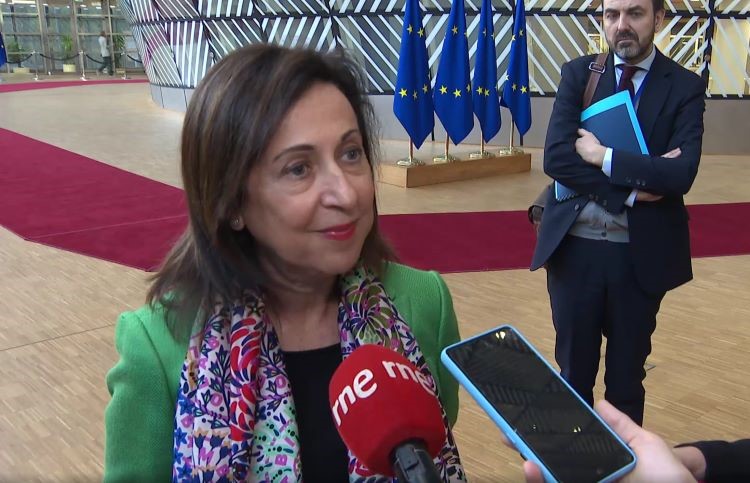The Diplomat
Inflation and financing problems are the main problems faced by micro, small and medium-sized enterprises (MSMEs) in Ibero-America, although more than half of them are convinced that their situation will improve within a year.
These are some of the main conclusions of the Ibero-American Survey of MSMEs: betting on micro, small and medium-sized enterprises for growth and prosperity, prepared by the Ibero-American Business Council (CEIB) of the CEOE, the Ibero-American Federation of Young Entrepreneurs (FIJE) and the Ibero-American General Secretariat (SEGIB) and in which more than 2,200 MSMEs from 22 Ibero-American countries participated. MSMEs account for 98% of companies and generate 67% of formal employment in the region.
According to the survey – carried out by SEGIB and the region’s business organizations, all of which are members of CEIB and the IOE (International Organization of Employers), and which was presented yesterday in Lisbon during the second and last day of the V Ibero-American Forum on MSMEs – the main economic challenges currently facing these companies are inflation, with 45.6% of those surveyed, followed by financing, with 19.5%. In fact, 64% of small and medium-sized Ibero-American companies acknowledge that the predominant source of financing is through their own resources. Despite this, the survey reveals that 59.3% of MSMEs believe that their situation will improve in a year’s time. This optimism is reflected in all sectors above 50%, with the exception of construction (43.5%) and mining (47.4%).
As regards the internationalization of Ibero-American MSMEs, although there is still a long way to go, the study shows that in the last two years there has been a leap in exports for 39.6% of these companies, despite continuing to encounter difficulties in the management of exports.
As for the impact of Ibero-American MSMEs on society, 50.7% have begun to implement sustainability strategies and plans that consider environmental care as a priority, and for 25.8% of them, the main motivation for the design and implementation of these plans was to implement products and services that preserve the environment. In addition, the companies have very significant female participation in their workforces, but this is still low at the management level. In 66% of the MSMEs led by women, more than 50% of the company’s workforce is female.
The survey also shows the firm commitment of these companies to digitalization, as 86% of them are in some stage of the process and 59% say they have employees prepared for this transformation. In addition, 78.3% of the companies surveyed claim to have a website. In this sense, the survey shows that the pandemic generated by the COVID-19 played a decisive role in the digitization of companies, as only 17.5% say they had to close their operations, while 77% of SMEs implemented digital tools during the “great crisis of isolation” and 39.7% consider that this digitization process was key to the survival of their business. In addition, 77% of Ibero-American small and medium-sized enterprises opted for teleworking during this period and, to date, 79.4% say they will continue with this practice.
The report was presented by the Permanent Secretary of CEIB, Narciso Casado; the head of Economy and Business of SEGIB, Esteban Campero; and the Secretary General of FIJE, Antonio Magraner. The study includes contributions from four leading authorities in the region: the Minister of Foreign Trade of Costa Rica, Manuel Tovar; his counterpart in Industry, Trade and Tourism in Spain, Reyes Maroto; the Minister of Production of Ecuador, Julio José Prado; and the Secretary of State for the Economy of Portugal, Joao Neves.







